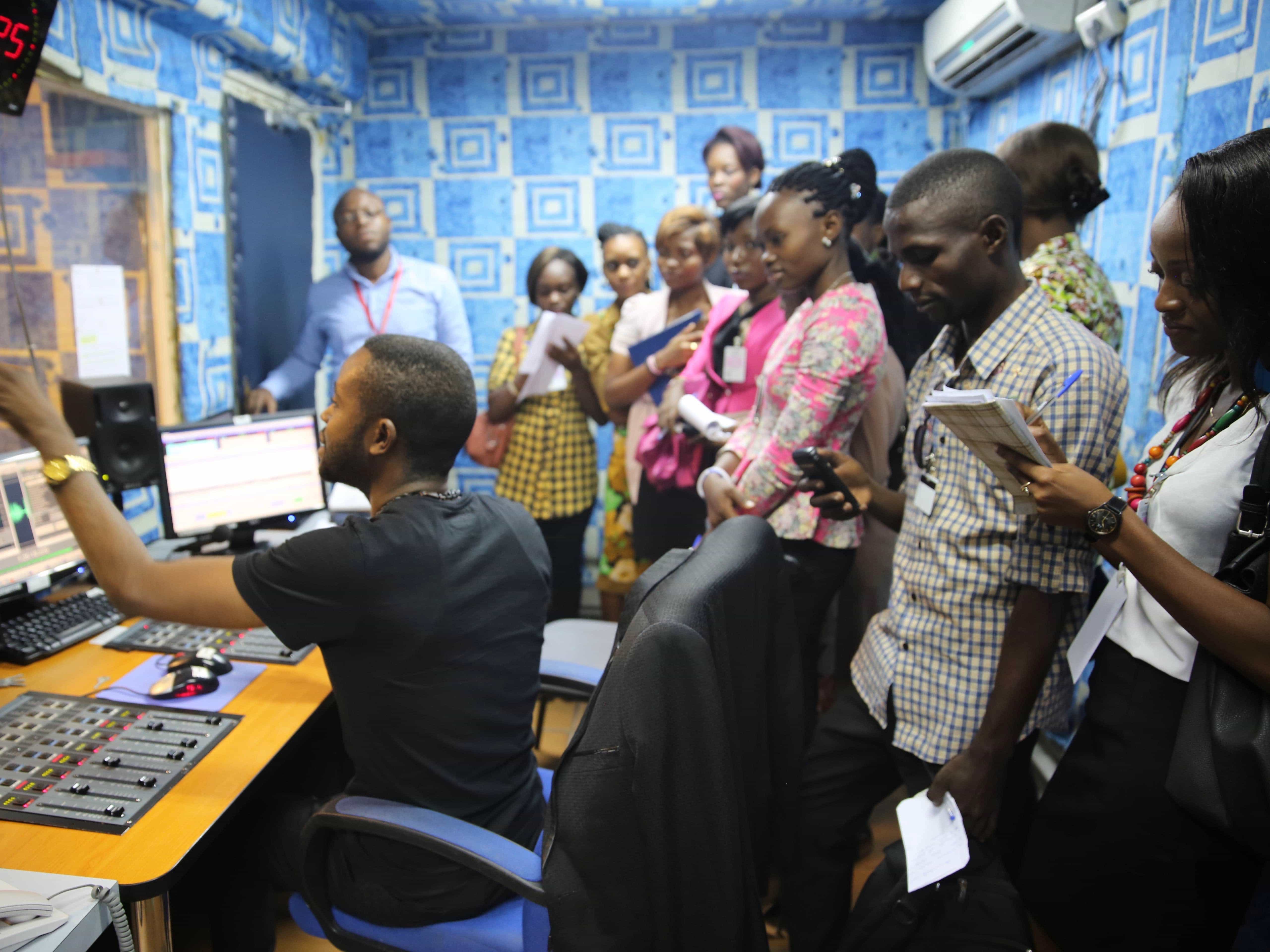
DRC’s peaceful waves
How a DRC station encouraged people to lay down arms and embrace plurality.

Press Freedom Matters: Global pressure helps secure release of Khadija Ismayilova
Campaigners around the world rejoiced as Azerbaijan’s cause célèbre investigative journalist Khadija Ismayilova was released from prison.
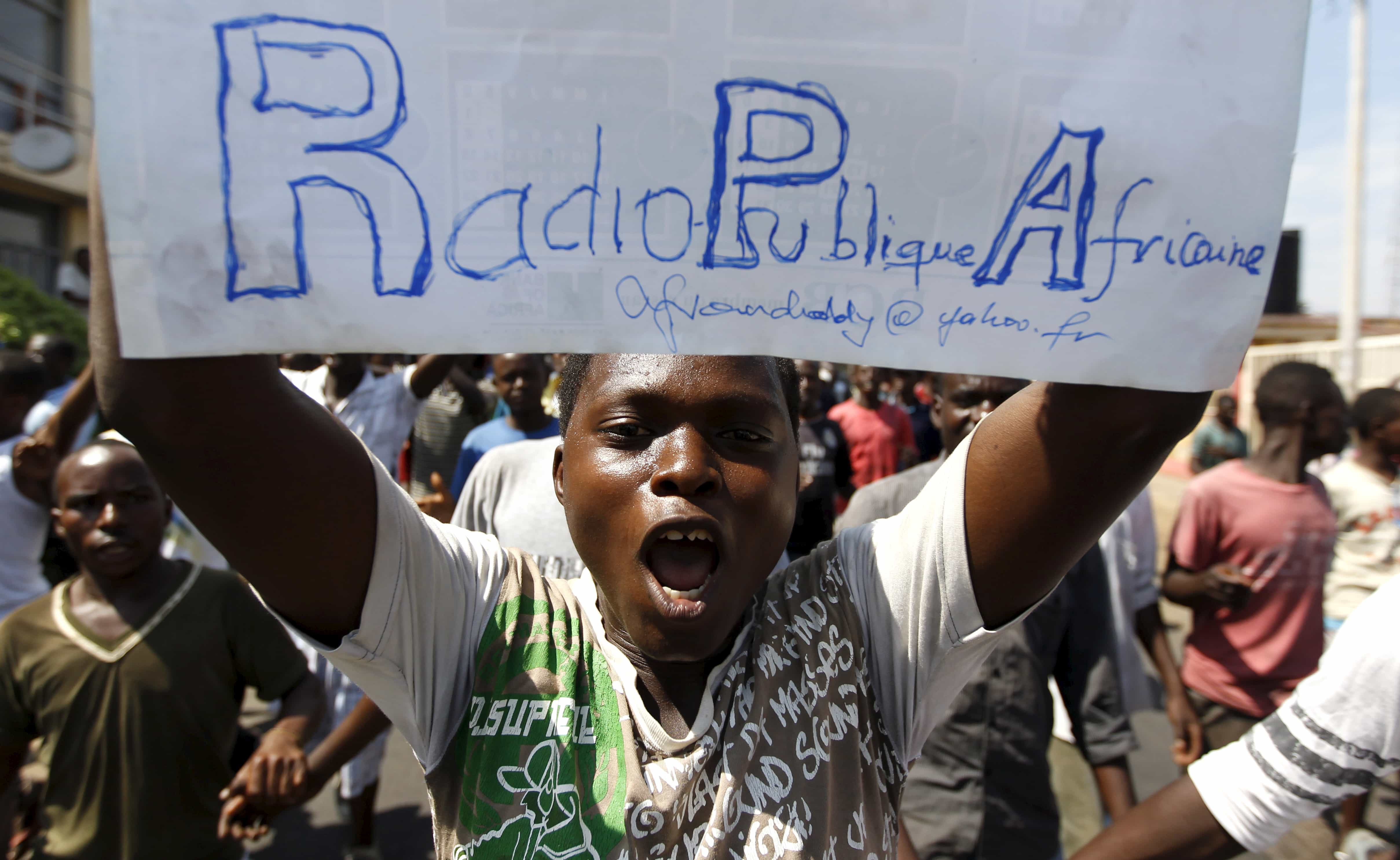
From radio silence to virtual airwaves: A conversation with SOS Médias Burundi
How the destruction of private radio stations affects access to information about the Burundi crisis, and what one anonymous media collective is doing about it.
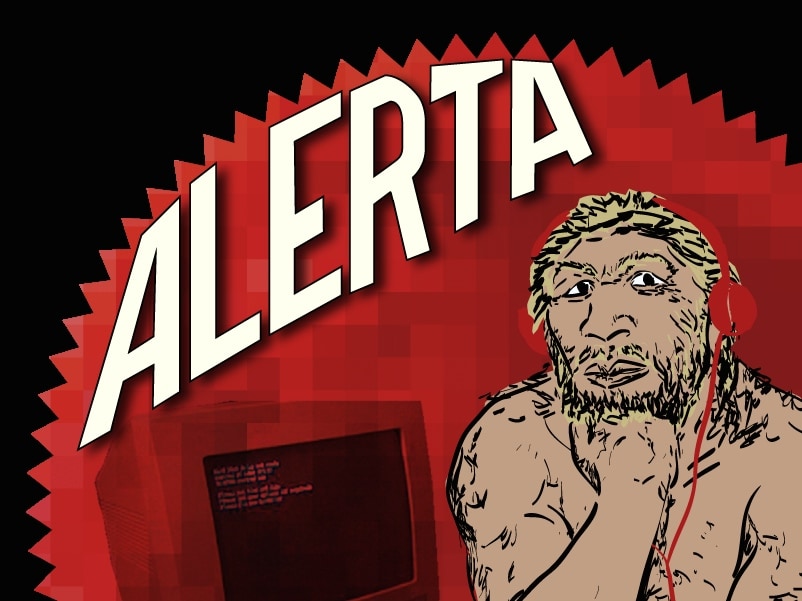
Four initiatives to make every day International Women’s Day
Kudos to four of our members who are working to improve the lives of women working in the media and interacting in digital spaces.
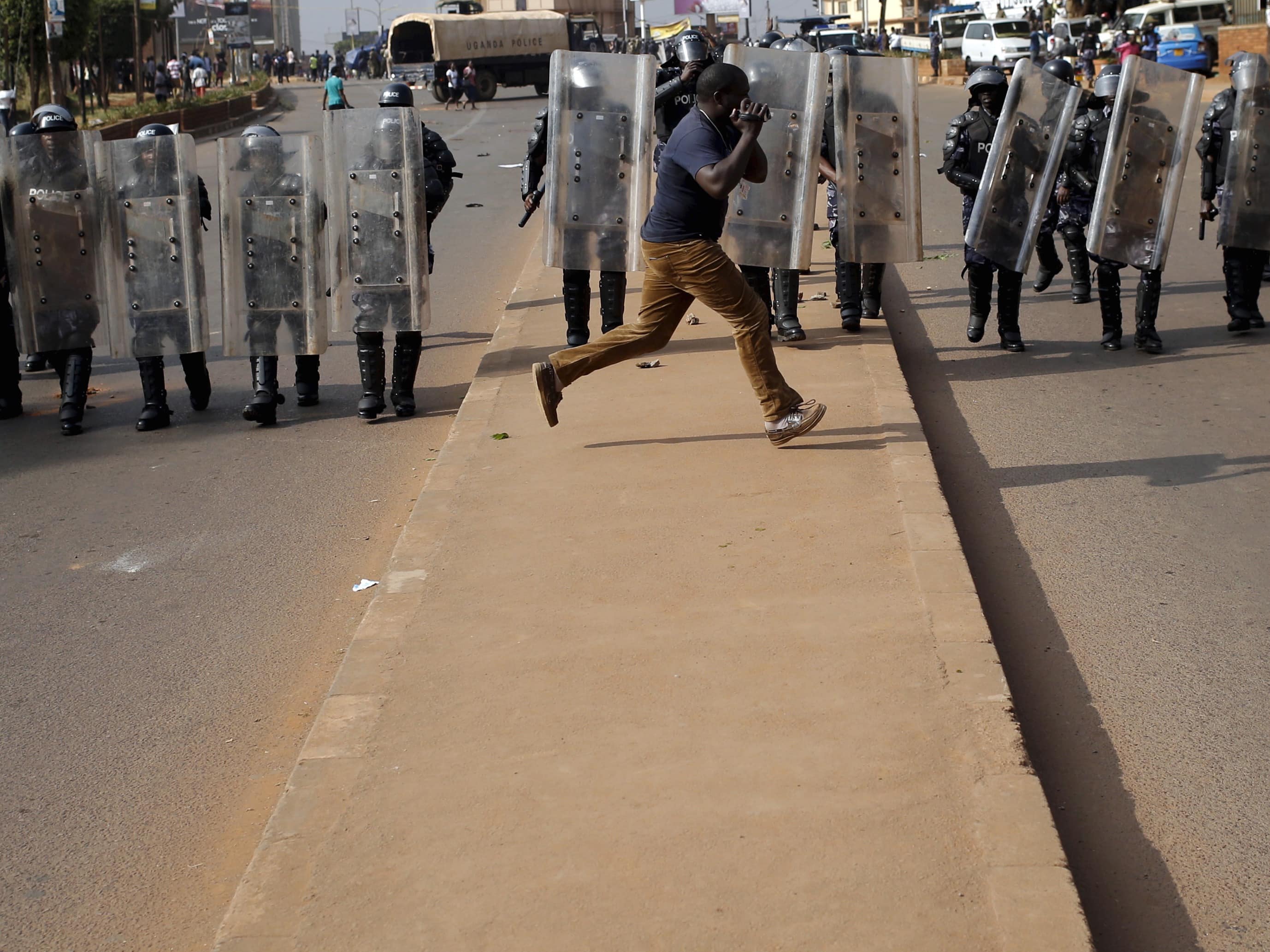
“Will I get hurt?” Questions journalists covering Uganda’s elections are likely asking
Journalists ask questions. That’s their job. But their questions should never have to be about whether they can safely report on a matter in the public interest, or whether they will make it out of an election period alive.
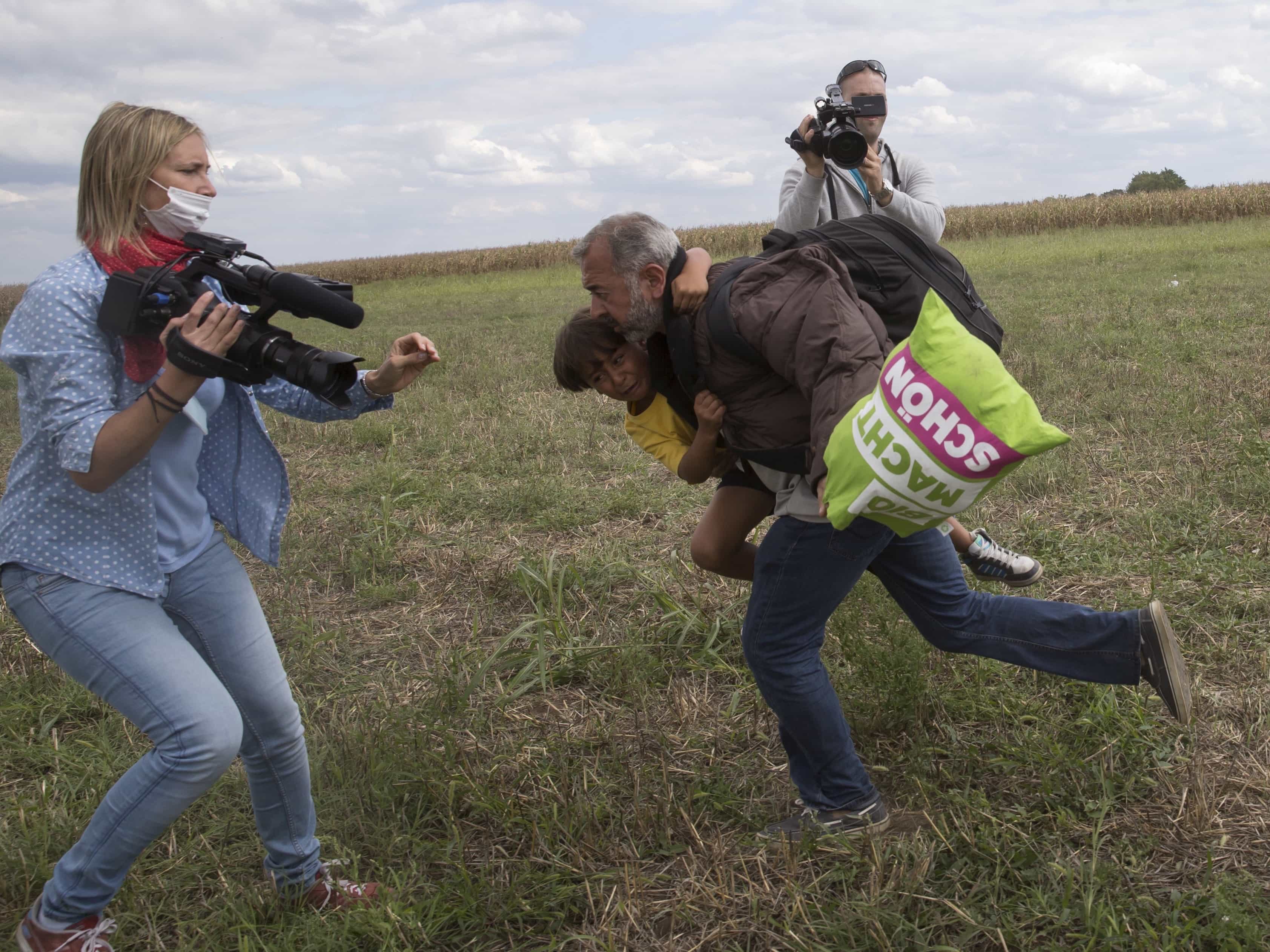
On fear, media freedom and responsibility: The refugee story in Hungary
IFEX speaks with the Hungarian Civil Liberties Union’s Dalma Dojcsák about press freedom in Hungary, the social implications of Prime Minister Viktor Orban’s anti-immigrant rhetoric, and media coverage of the refugee crisis.
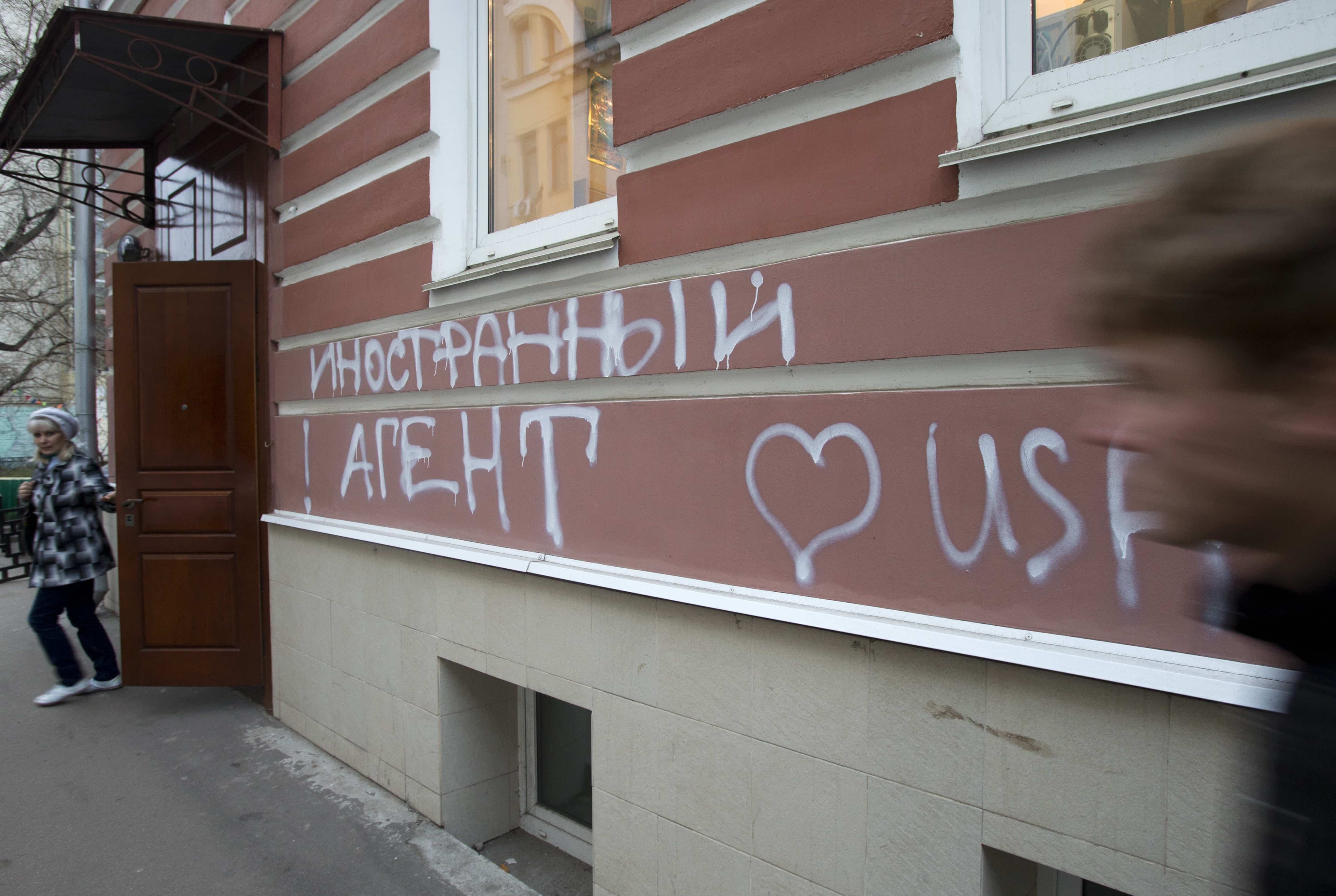
How do you take down an NGO in Eastern Europe? Accuse it of being a spy
While the consequences of being a “foreign agent” in Vladimir Putin’s Russia are not as extreme as they were under Joseph Stalin, they do set some foreboding precedents in the region, namely for Azerbaijan, Kazakhstan and Kyrgyzstan. The trend has directly impacted two IFEX members – the Institute for Reporters’ Freedom and Safety (based in Azerbaijan) and Freedom House (based in the U.S.)
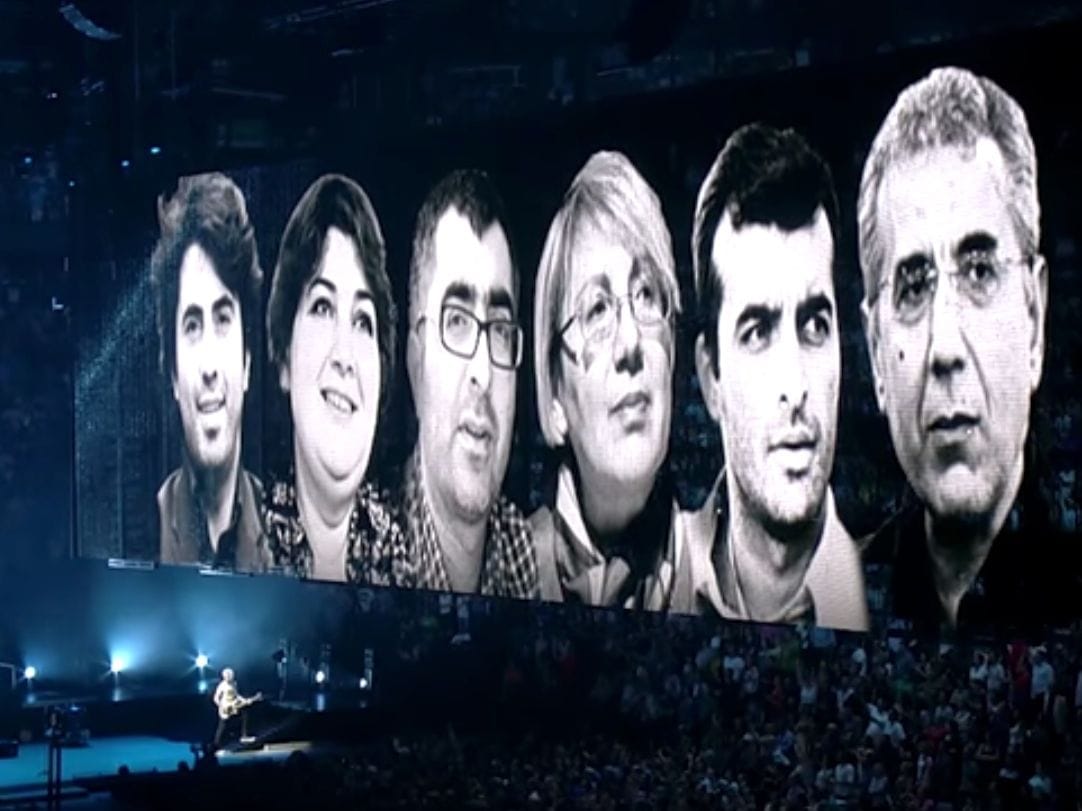
8 ways non-athletes stole the spotlight during the first-ever European Games
Between the highjacking of the #Baku2015 hashtag on Twitter, John Oliver’s hilarious critique of the games, and U2 appealing to audience members to stand with Azerbaijan’s political prisoners, non-athletes around the world have managed to turn the European Games on its head.

Murder of Somali radio journalist latest in series of attacks in Baidoa
On 30 April 2015, Daud Ali Omar and his wife, Hawo Abdi Aden, were shot dead by unidentified assailants while they were sleeping in their home, according to news reports and local journalists.
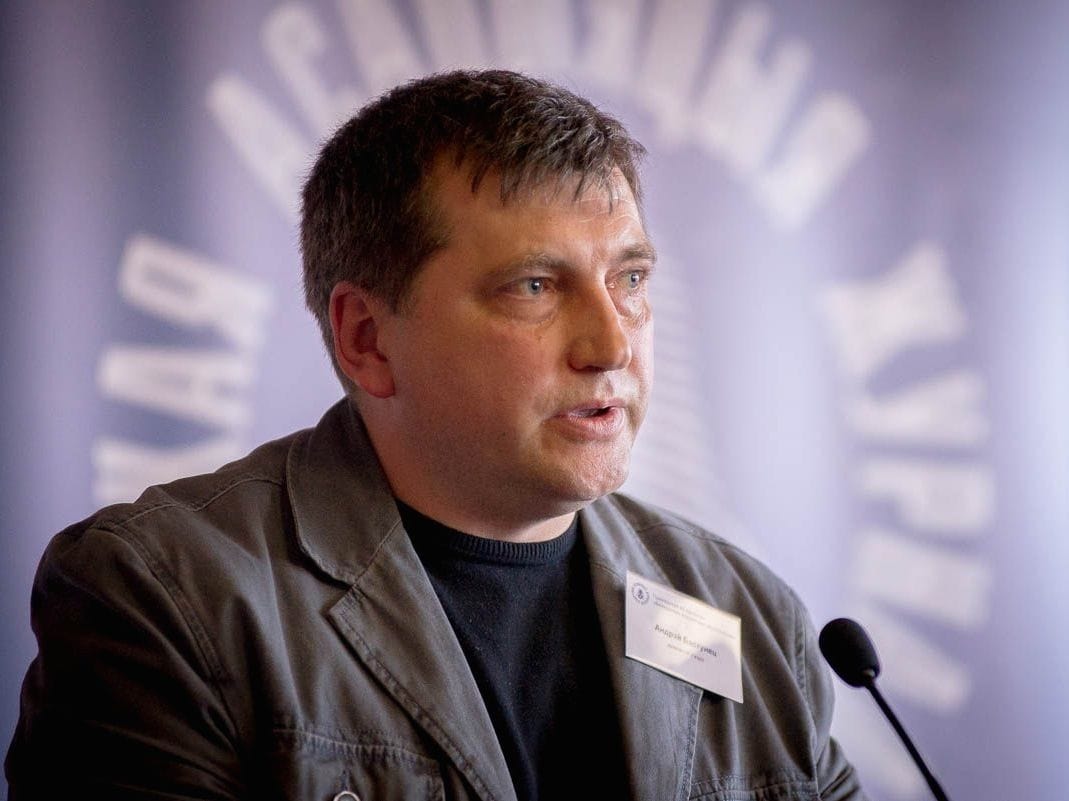
Q&A: What it’s like to be a journalist in Belarus
Andrei Bastunets, chairperson of the Belarusian Association of Journalists, explains why recent amendments to the Mass Media Law are making it almost impossible for journalists to do their work.
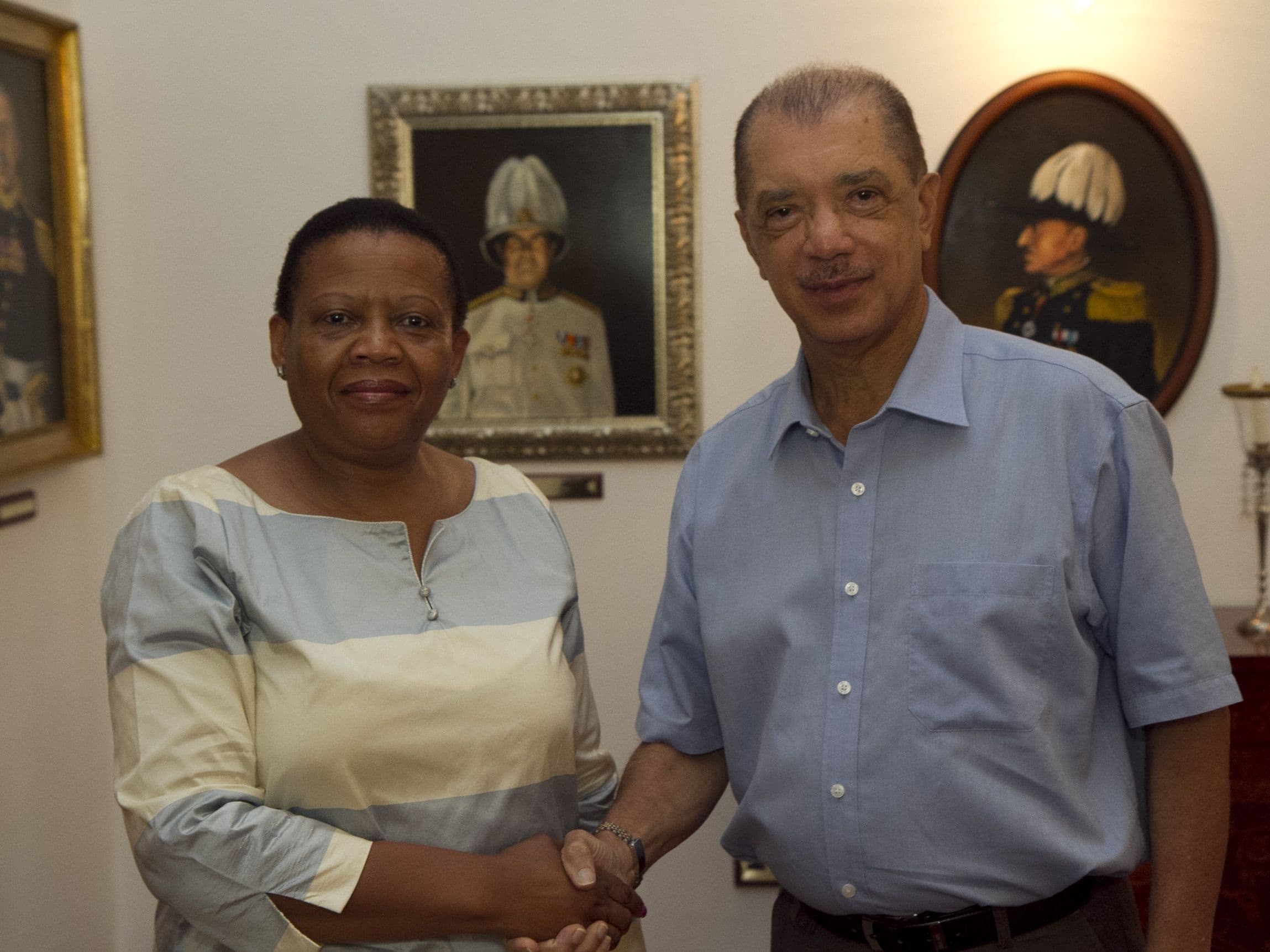
An IFEX right-to-information podcast featuring Special Rapporteur Pansy Tlakula
Hear how the Special Rapporteur on Freedom of Expression and Access to Information in Africa has been working with civil society to get more people – and more countries – on board.
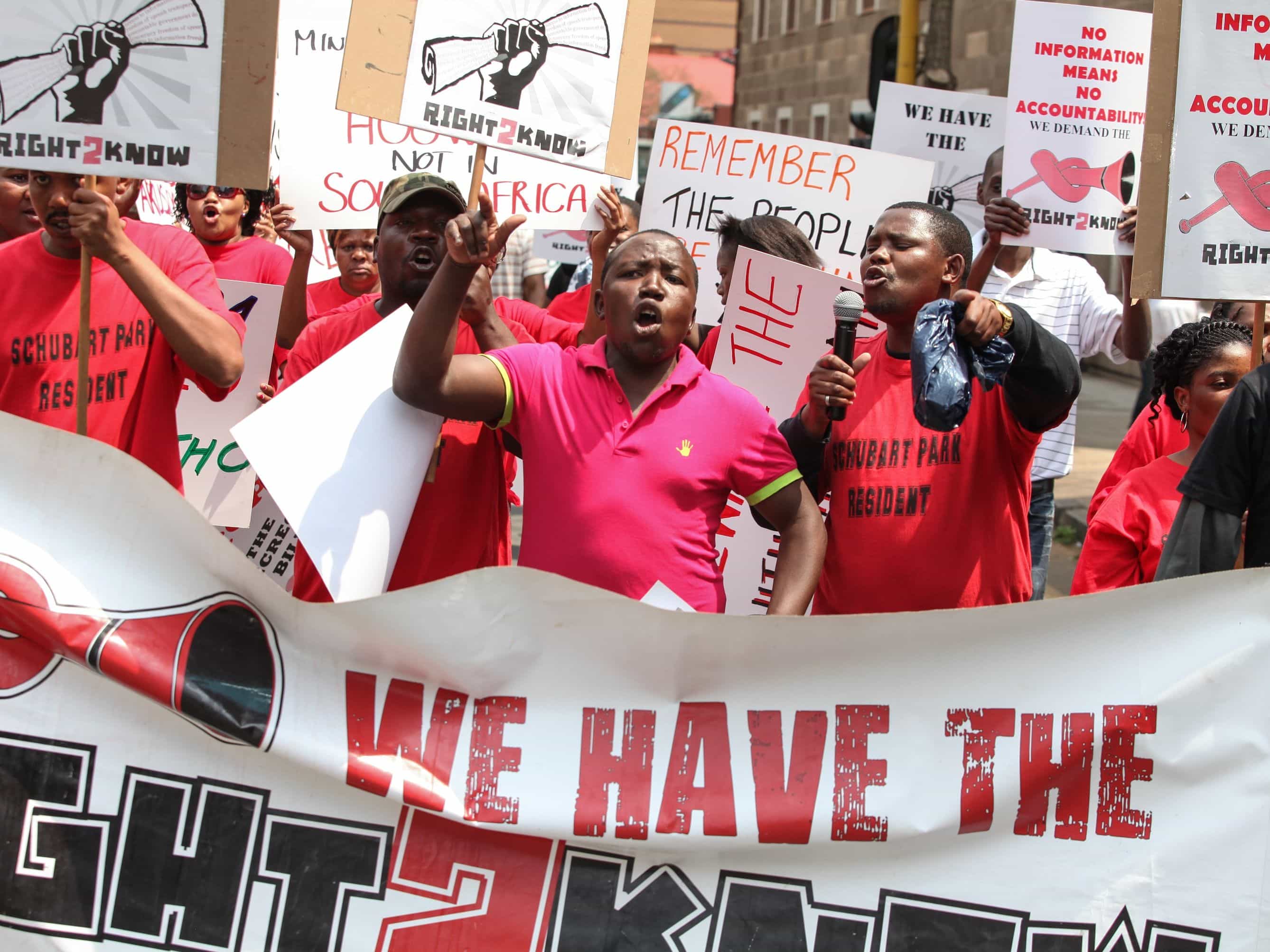
The right to information: An IFEX podcast about a game-changing report
Hear how a report by the Africa Freedom of Information Centre has been ramping up conversations about the right to information and other human rights all around the African continent.

Podcast: Project aims to fight Ebola by improving access to information
Hear how the Media Foundation for West Africa’s project is helping those who report on Ebola, and those who rely on that reporting to stay healthy.
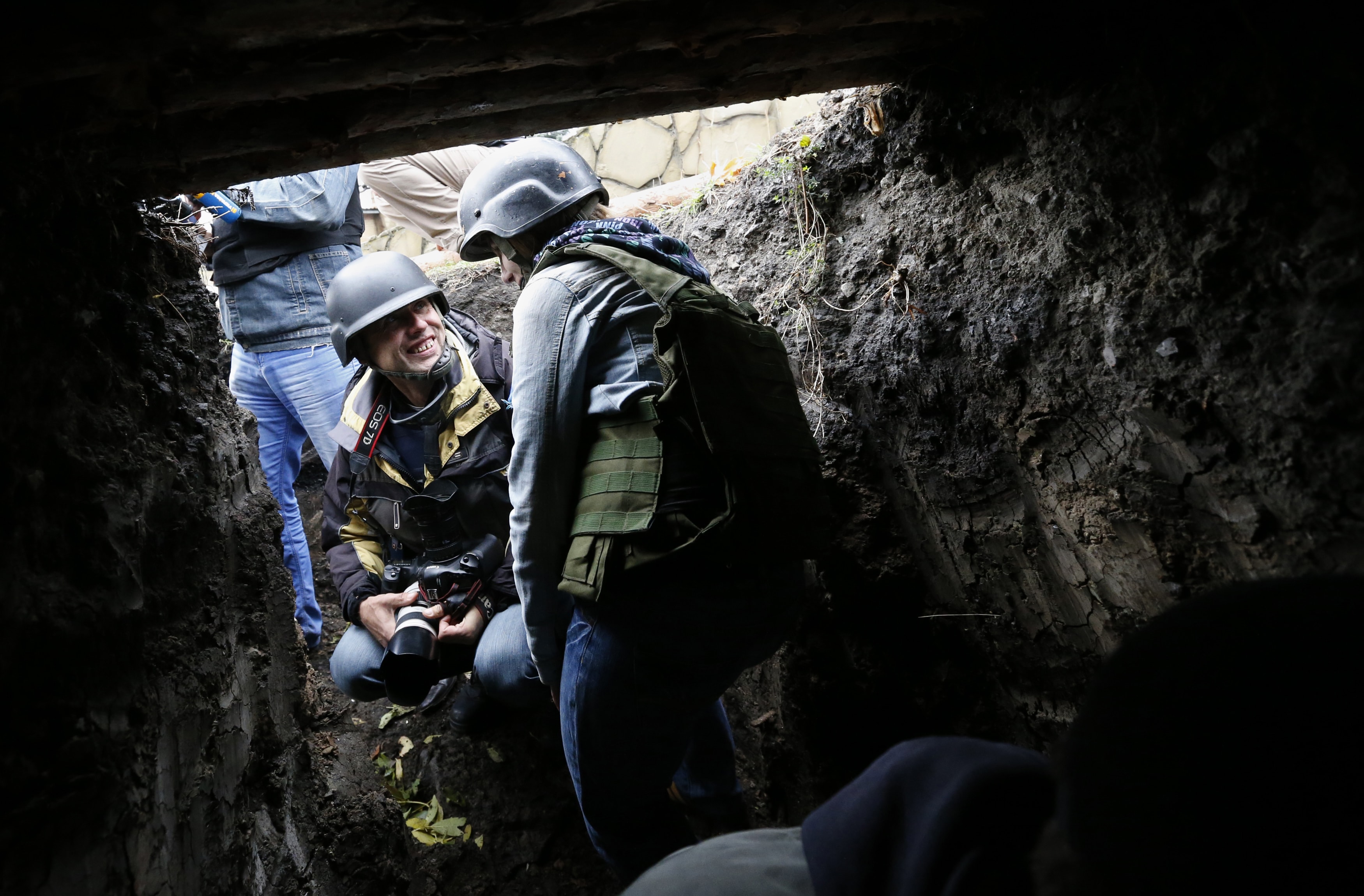
Ukraine’s broken trust
In a country where media is polarised and journalists are under threat of attack from all sides, accurate information is a casualty of war.
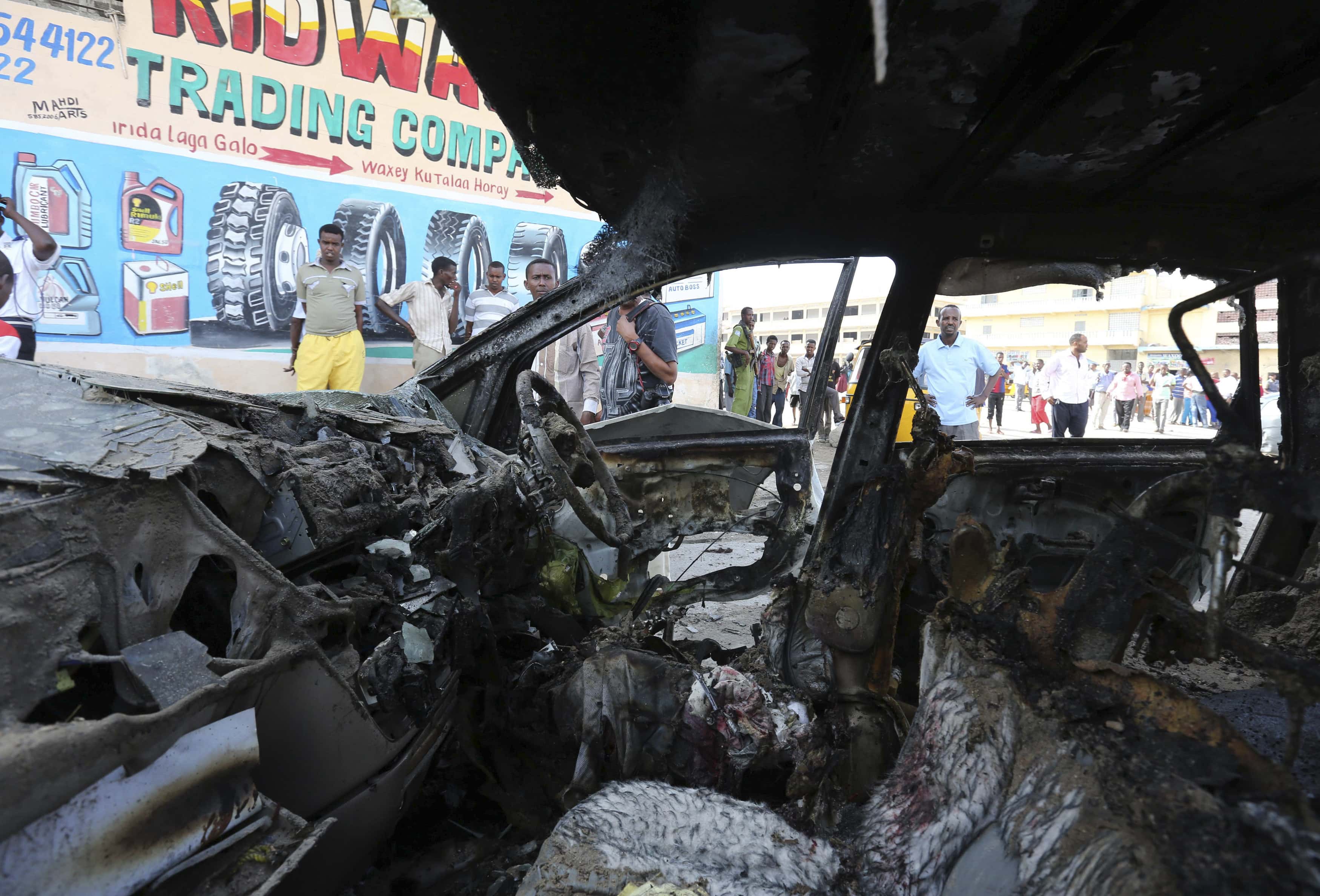
ISIS, Boko Haram, Al-Shabaab: Preying on journalists with impunity
Extremist groups are targeting journalists in Somalia, Nigeria, Iraq and Syria. And the governments who should be protecting reporters seem unable or unwilling to do so.

Somali journalist murdered in Puntland on heels of campaign against impunity
Abdirisaq Ali Abdi was shot multiple times by unknown gunmen on 18 November 2014. His murder comes on the heels on the UN International Day to End Impunity for Crimes Against Journalists, and during IFEX’s End Impunity campaign.